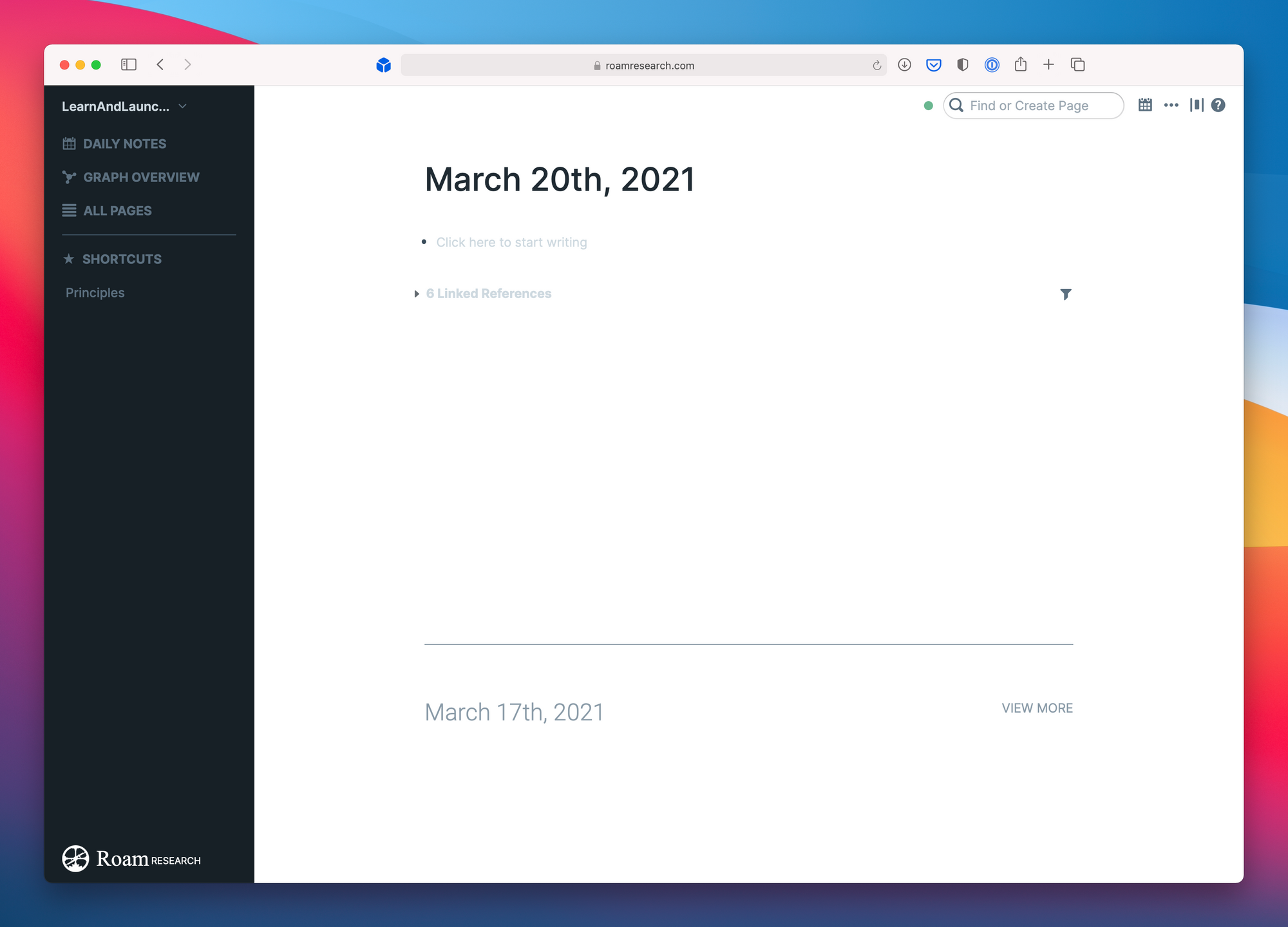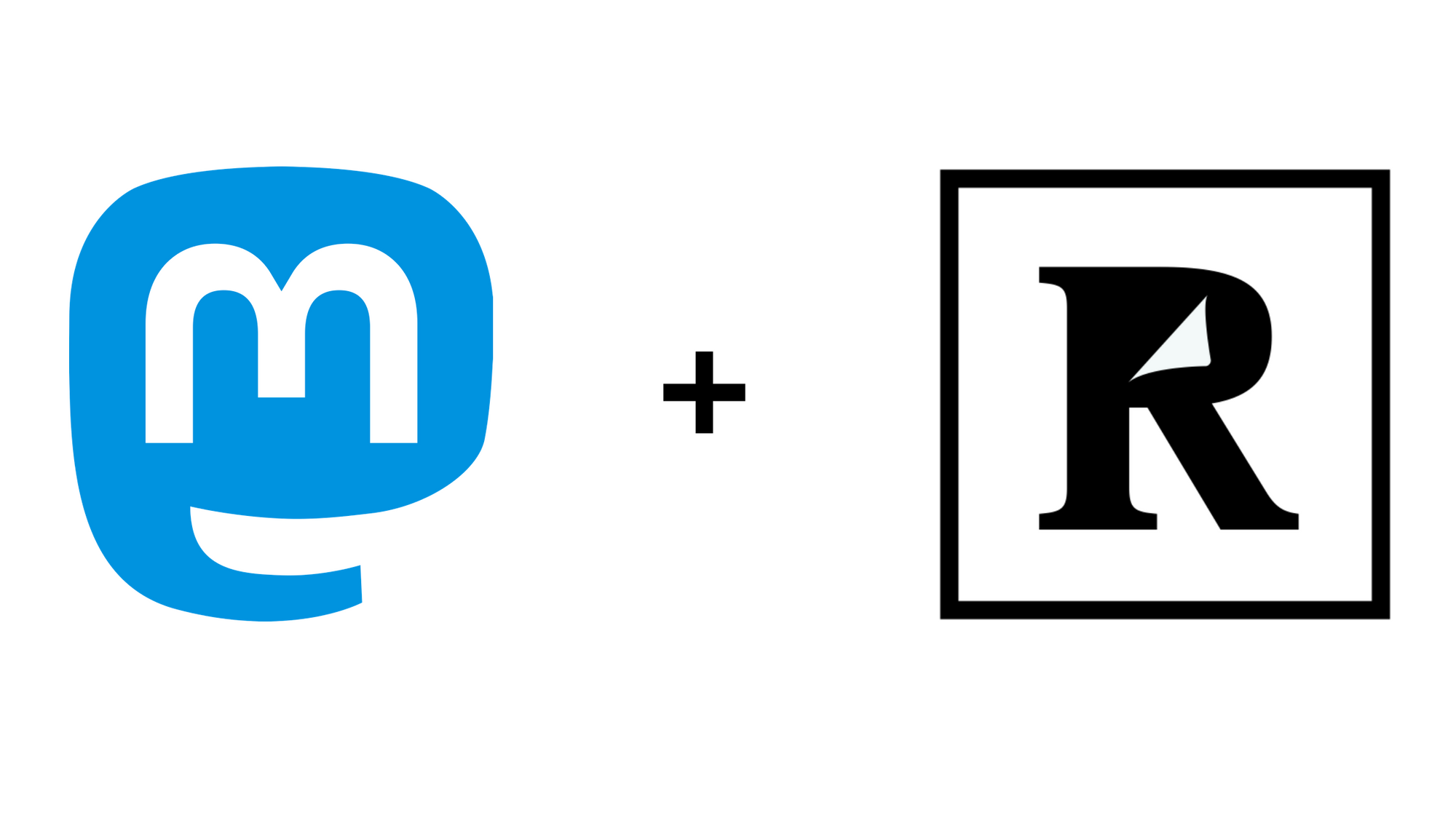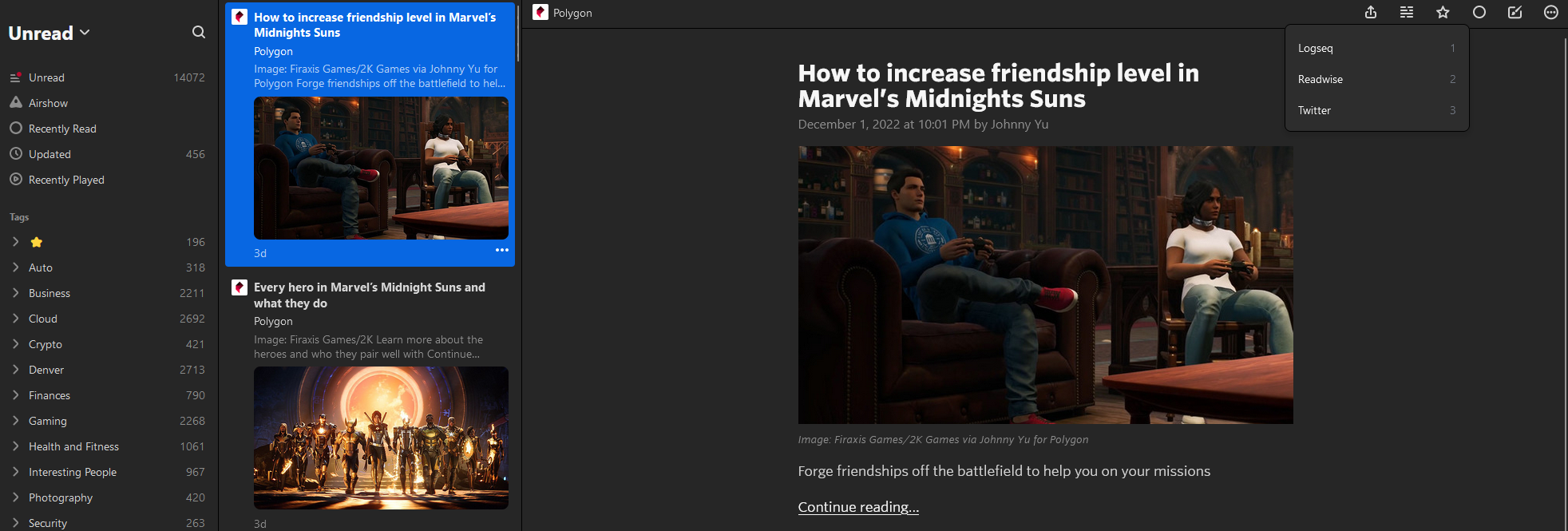Networked Thought and the Future of Note-Taking

I've spent the better part of my adult life searching for and switching up various note-taking apps. From Notion to Workflowy, and OneNote, I've saved meeting notes, web clippings, and random thoughts in a plethora of tools and services across the web. Since joining Evernote in 2008, I've found it impossible to find the perfect note-taking app. The allure of "remembering everything" consistently clashed with clunky interfaces, poor privacy policies, confusing organizational systems, and limited feature sets.
I take notes because details matter, and recalling details can be the difference between a good idea and a great idea. I've found bullet lists are the easiest way to quickly capture ideas during meetings and while reading, and reviewing bullet points is quicker and easier than blocks of text. I've also found that organizing notes can be a monstrous burden, and distract from the mission. Do I use tags for customer names or project IDs; what's the difference between folders and tags; do I organize notes by date, project, or idea? These questions and more have plagued my ability to select and stick with a note-taking system.
Enter networked note-taking. Networked note-taking replaces those tags and folders with links between ideas. The atomic unit of a networked note can be a bullet point or an entire document. Links are formed by marking important concepts while writing by surrounding the words with double brackets (i.e. "[idea]"). Each note or bullet point can link to many other notes through these links, forming a network. By searching for and displaying all notes and sub-notes (bullet points) containing the idea (backlinks), the act of discovering interconnected ideas becomes natural.
Several networked note-taking apps have sprung up over the past year, with some tried and true services adding the functionality. From Notion to Bear, and Obsidian, I've tried many of these services and their interpretation of networked notes. Each has taken its own twist on the concept, with varying degrees of success.

Enter Roam Research. Roam is the godfather of the networked note-taking concept, launching over 18 months ago to much fanfare. At first glance, Roam is a simple, straightforward bullet-focused note-taking service. It opens with a note with the current date, and a bullet point to get you started. For me, this simple and intuitive way to get started taking notes is a game-changer. No more worrying about the title of the note, or what folder to put it in, or what tags to use. Just write.
When you start writing, that's when things really start to open up. Roam has a plethora of features tucked away, from tables to kanban boards and code blocks, all hidden behind a simple / command. The editor accepts markdown, and the advanced features get out of your way. I've found this clean interface that opens to a note for the day has reduced the friction for capturing new ideas.
To recall a concept, simply click on the link created when surrounding a word or phrase with brackets, and you're taken to a page dedicated to that concept, complete with a list of all backlinks, or mentions, of the concept. In my experience, this makes linking customers and technologies and concepts together dead simple, and processing ideas over time natural and intuitive. Note-taking is fun again!
In the six months since I started using Roam, I've fallen for the style, simplicity, and system the team has pioneered. I've joined the #RoamCult.
The primary issue I've come across while adopting Roam is data privacy and security. Roam Research is a scrappy startup focused primarily on academia. It believes in free and open ideas. Securing the notes taken in Roam does not seem to be a priority. There's no two-factor authentication for user accounts, end-to-end encryption, or a way to change your password (beyond using the "forgot my password" functionality). This initially prevented me from using Roam as I just didn't feel comfortable with the lack of focus on something so critical to a note-taking app.
Fortunately, Roam Research offers the ability to store the notebook completely offline. The site runs as a Progressive Web App that can be "installed" through Chrome. An offline notebook stores all information on my laptop, with nothing syncing to Roam's servers, addressing my one major concern. The only issue with this path is it required me to signup for the "Believer" plan, essentially prepaying for five years of Roam Research at an astronomical $500 (at $8/month, it's a steal though).
Six months into my journey into networked thought with Roam Research and I couldn't be happier. It's the longest period I've gone without looking to experiment with another note-taking service. I've captured and recalled ideas more easily and quickly, streamlining my day-to-day work. I've been encouraged with the features they've shipped, such as the command pallet, though I'd like to see them take security and privacy more seriously. I truly believe networked thought and note-taking are the future, and Roam Research is leading the charge.



Comments ()